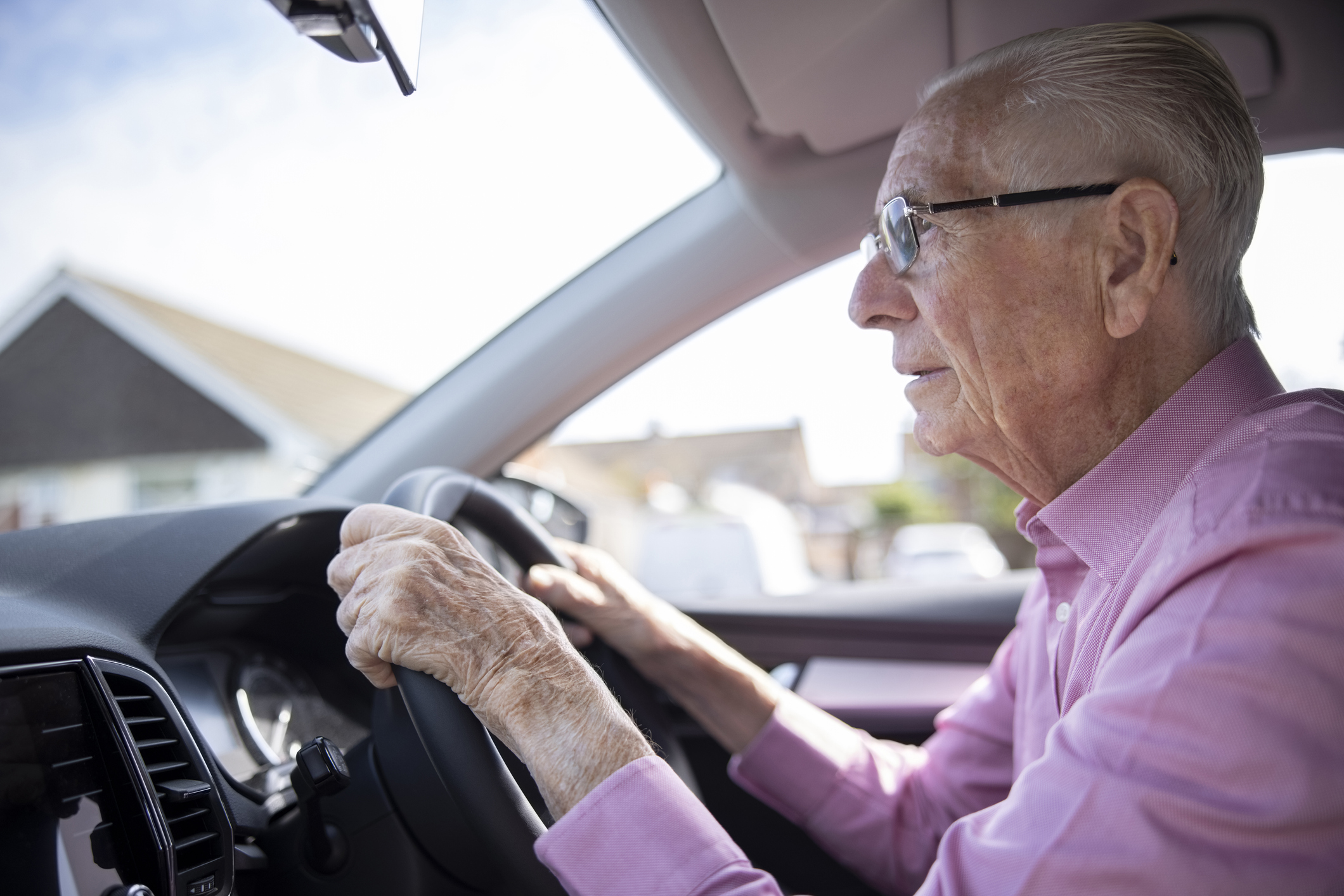After months of sheltering in place during the pandemic, many found their driving skills had diminished and it took some time to recover their confidence and expertise behind the wheel. While many provinces and states require regular testing to allow elderly drivers to maintain their licenses, some governments paused these requirements during lockdowns and have yet to reinstate them. Others, including Nova Scotia where an 89-year-old driver recently hit and dragged a pedestrian causing serious injuries, have no restrictions regarding elderly drivers.
According to a recent CBC News report, the victim of the Halifax accident was hearing and vision-impaired. The driver appeared not to have seen the pedestrian in the crosswalk and drove another 30-40 feet, dragging the injured pedestrian under his SUV, before others could stop him. The driver was issued a summary offence ticket for failing to yield to a pedestrian in a crosswalk. The injured man was taken to hospital suffering head fractures, facial paralysis and brain bleeds causing memory problems.
Advocates of mandatory driving tests for aging drivers point to accidents like these as a reminder of the danger aging drivers who may have vision or hearing loss, or slower reaction times may pose. Medications older adults may take could also have an impact on their ability to drive safely.
However, many seniors believe that mandatory driver’s testing over a certain age could be considered ageism. A spokesperson for CARP, the Canadian Association of Retired Persons, Bill VanGorder told the CBC that phone usage and other impairments can also create unsafe and distracted driving. Many older adults rely on their ability to drive, especially in rural communities without public transportation, to maintain their independence and travel to doctor’s appointments, buy groceries, and participate in social activities.
Discussing hanging up the car keys with an elderly loved one is often a thorny subject that many families wait too long to address. According to the AARP, a good test for loved ones struggling with this topic is to ask themselves if they would want the grandkids as passengers in the vehicle driven by an elderly family member. If families meet resistance in discussing the matter, the loved one’s doctor might be best suited to bringing up this sensitive subject. Hearing and vision changes, decreased reaction time, medical conditions and medications can all impair safe driving. Warning signs of driving problems include consistently driving too slow or too fast, getting lost on familiar roads, having recent accidents or near misses, having trouble parking or turning left, receiving tickets, running red lights or stop signs, using lanes improperly or the vehicle turning up with unexplained dents or scratches.
Learn more about how aging can affect driving and how to assess and maintain driving skills by following this link to the Canadian Automobile Association website.






Add Your Voice
0 Comments
Join the Discussion